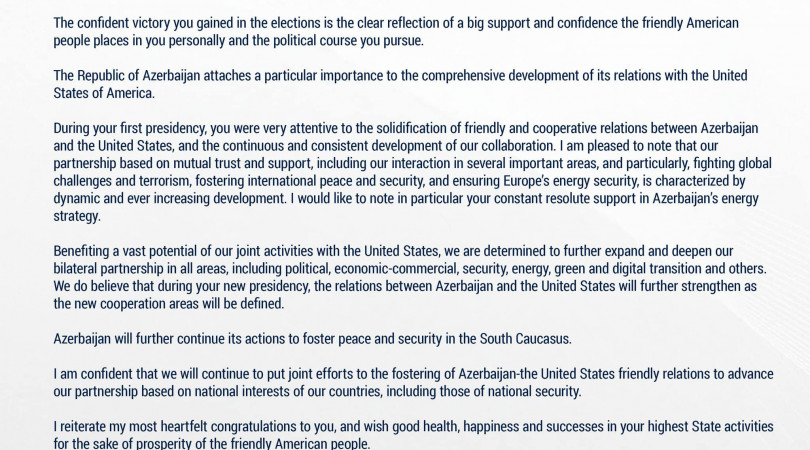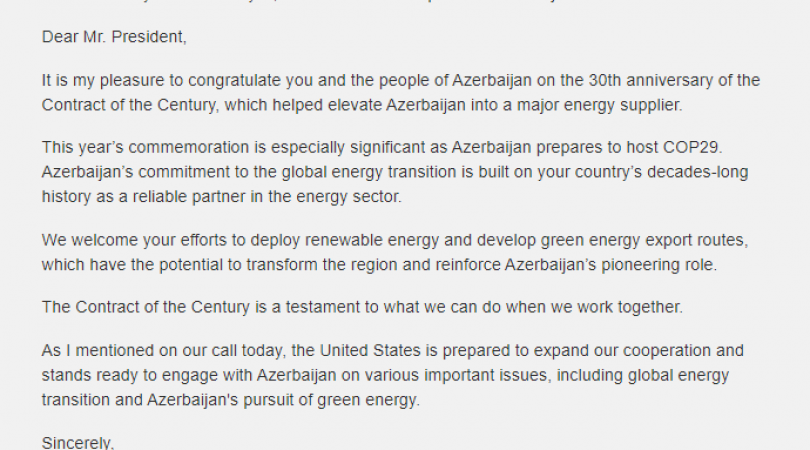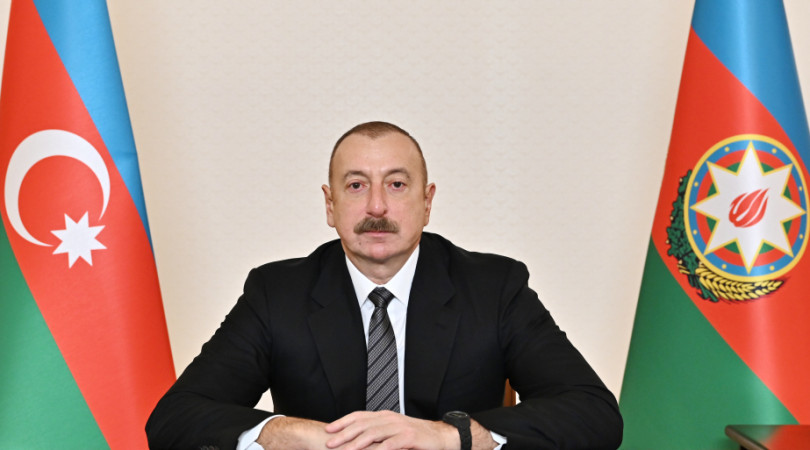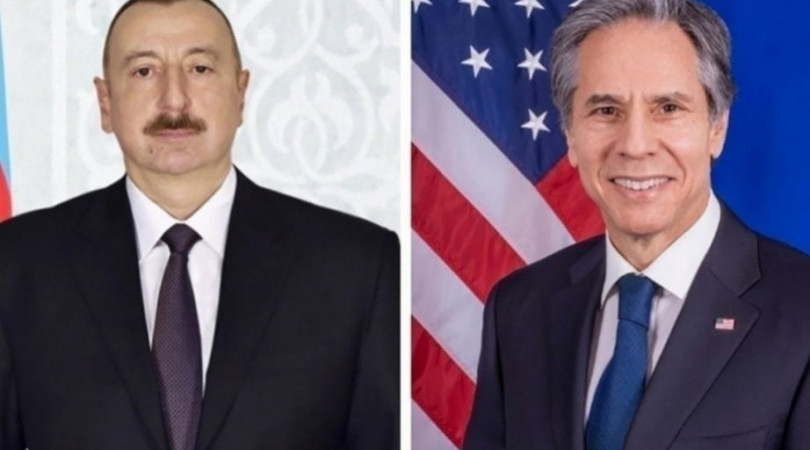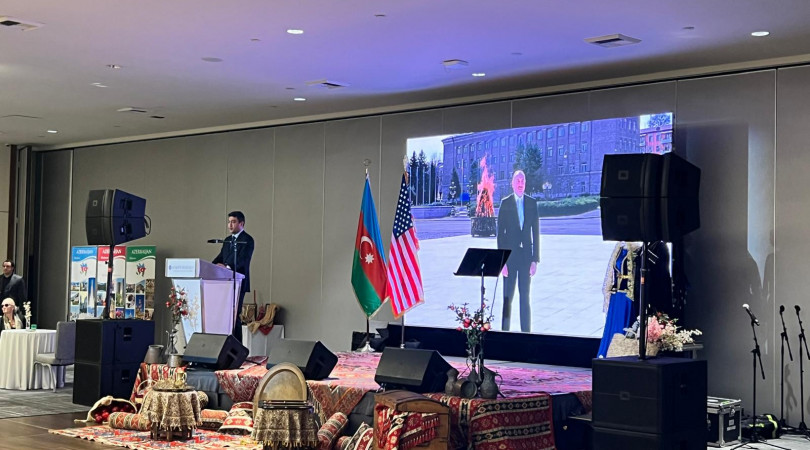Film on the Khojaly Genocide was screened in California
A documentary film on the Khojaly genocide titled “Running from the Darkness” was screened at the First Unitarian Universalist Church of San Diego - the second largest city in the U.S. State of California - on February 21, 2018. The screening was jointly held by Azerbaijan’s Los Angeles Consulate General and San Diego-Baku Friendship Association.
The invasion, entrapment, and indiscriminate murder against unarmed civilians in the town of Khojaly of the Nagorno-Karabakh region of Azerbaijan occurred in February of 1992. On February 25-26, 1992 over 600 Azerbaijani civilians and residents of Khojaly were murdered by Armenian armed forces. Over 250 of those killed were children, women and the elderly. The international organization Human Rights Watch condemned it as “the largest massacre in the conflict” between Armenia and Azerbaijan, reporting about “unconscionable acts of violence against civilians” as they fled, and placing direct responsibility for the the massacre with Armenian forces.
Produced in 2015-2017 in Los Angeles by American filmmakers, “Running from the Darkness” premiered in February 2017 at the Museum of Tolerance of the world-famous Simon Wiesenthal Center, which is one of the biggest (400,000 families) and most influential Jewish human rights organizations in the world. The documentary was also screened at the prestigious Red Rock Film Festival in Cedar City, Utah in November 2017.
At the San Diego screening on February 21, 2018, Rev. Ian Riddel of the First Unitarian Universalist Church of San Diego, Rabbi of the Temple Emanu-El Benjamin Fried, Director of the Islamic Center of San Diego Imam Taha Hassane, Executive Director of the San Diego-Baku Friendship Association Martin Kruming, as well as American journalist and author of the book titled “Murder in the Mountains: War Crime in Khojaly and the Nagorno-Karabakh Conflict” Raoul Lowery Contreras stressed the importance of this unique multi-faith commemorative event. Speakers noted that against the odds of many tragedies it had to endure in the early years of its independence, Azerbaijan has been able to preserve and strengthen its identity and model of interfaith tolerance and multiculturalism.
Speaking afterwards, Consul General of Azerbaijan in Los Angeles Nasimi Aghayev highlighted the significance of holding onto the values of interfaith tolerance and harmony in the face of hatred and tragedy, what, in his words, Azerbaijan has been able to do during the last 26 years since the Khojaly Genocide. Describing the film as a story of survival of tolerance against intolerance and stressing the need to educate wider audiences about what happened in Khojaly in 1992 so that similar tragedies do not occur again, the Consul General thanked the filmmakers for masterfully capturing the whole story of this crime against humanity.
Then the film was screened. Based on interviews with many survivors of the Khojaly Massacre, as well with U.S. elected officials, reporters, academic experts, Christian, Jewish and Muslim faith leaders of Los Angeles and an Armenian human rights advocate, the film vividly tells the horrific story of the tragedy. The documentary also highlights how Azerbaijan, confronted with Khojaly tragedy as well as the illegal occupation and ethnic cleansing of around 20% of its sovereign territory by neighboring Armenia in the early 1990s, did not allow the hatred and intolerance to take hold of itself, but on the contrary worked actively to strengthen its age-old identity and traditions of interfaith harmony and tolerance.
The well-received screening was concluded with prayers delivered by Imam Hassane and Rabbi Fried for the victims of Khojaly, as well as for peace, reconciliation and tolerance.

